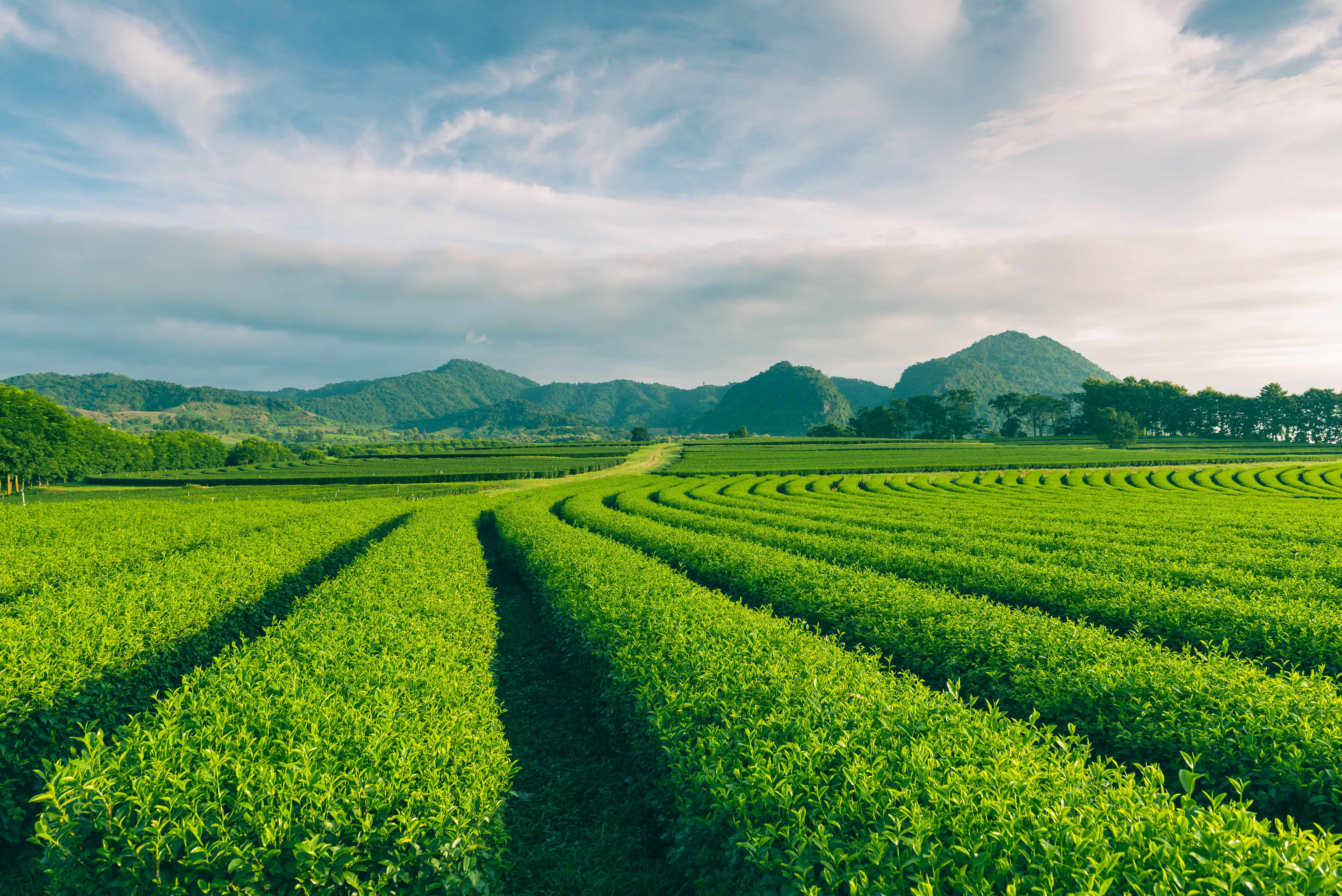Animal agriculture has long been a vital component of Japan's economy, with its roots dating back centuries. Over the years, Japan's animal agriculture sector has undergone significant changes, with the industry now being characterised by high-tech and efficient methods of production, resulting in continued demand for animal agribusiness recruitment. Today, animal agriculture plays a crucial role in Japan's food security, providing the nation with a diverse range of animal-based products and in this article we’ll look at where the sector is now and the outlook for the future.
Which types of animals are farmed in Japan
Animal agriculture in Japan is primarily focused on the production of livestock, including cattle, pigs, and chickens. According to data from the Japanese Ministry of Agriculture, Forestry and Fisheries (MAFF), as of 2021, Japan has approximately 3.9 million head of beef cattle, 8.7 million pigs, and 145 million chickens. In recent years, Japan has also seen an increase in the production of lamb, with the number of sheep in the country rising steadily.
Exports and imports
Despite the large number of animals raised in Japan, the country is not self-sufficient in terms of animal-based products, and relies heavily on imports to meet domestic demand. In particular, Japan is a major importer of beef, pork, and chicken. According to data from the Japan External Trade Organization (JETRO), in 2020, Japan imported 910,000 tons of beef, 1.4 million tons of pork, and 870,000 tons of chicken. The primary sources of these imports are Australia, the United States, and Canada, among others.
While Japan is a significant importer of animal-based products, it also exports a substantial amount of meat, primarily to other countries within the Asia pacific region. In 2020, for example, Japan exported approximately 523,000 tons of beef, 155,000 tons of pork, and 28,000 tons of chicken. The main export markets for Japanese meat products are Hong Kong, Taiwan, and South Korea.
Outlook for Japan's animal agriculture sector
Despite the many challenges faced by Japan's animal agriculture sector, including rising costs and a declining population of farmers, the industry remains a critical component of Japan's food security. With the continued demand for animal-based products both domestically and abroad, it is expected that the sector will continue to play a vital role in Japan's economy. As a result, animal agribusiness recruitment agencies working in Japan, such as Peak Recruit, are continuing to see a steady demand for the expertise of individuals with experience in logistics and supply chain management, agri-tech, feed and nutrition, veterinary and more.
Moreover, Japan's animal agriculture industry is experiencing a transformation, with the adoption of new technologies aimed at increasing efficiency and sustainability. The use of precision agriculture, data analytics, and robotics is becoming increasingly common, allowing farmers to produce more with less and reduce their environmental impact.
In addition, to address the challenges faced by Japan's animal agriculture sector, many farmers are turning to technology to improve their operations. One area of particular focus is precision agriculture, which involves the use of data analytics and sensors to optimize crop and animal production. For example, farmers can use sensors to monitor the health and behaviour of animals, allowing them to identify and address any issues before they escalate.
Problems faced by Japan’s animal agribusiness sector
One of the main challenges faced by Japan's animal agriculture sector is the high cost of feed, which can account for up to 70% of total production costs. This is due in part to Japan's heavy reliance on imported grains and other feed ingredients, which are subject to price fluctuations and currency fluctuations. Additionally, Japan's ageing farming population has led to a shortage of labour, making it difficult for farmers to maintain their operations.
Another issue facing the animal agriculture sector in Japan is the increasing pressure from animal welfare groups and consumers to improve animal welfare standards. Japan's animal welfare laws have historically been relatively lax, and there is growing concern among consumers about the treatment of animals raised for food. This has led to the adoption of new animal welfare standards, such as the Animal Welfare Act, which aims to improve the living conditions and treatment of farm animals.
Although the country’s animal agriculture sector is generally buoyant, challenges such as these continue to pose problems, highlighting the importance of continued recruitment by animal agribusiness recruitment specialists in Japan.
Contact Peak Recruit – leading animal agribusiness recruitment agency in Japan
At Peak Recruit we are a leading animal agribusiness recruitment agency in Japan, with many years of experience in recruitment in range of niche sub-sectors including feed and nutrition, animal production and farm management across diverse categories such as swine and poultry, through to beef cattle, ruminants and more.
To find out more about our services for animal agribusiness recruitment in Japan, please don’t hesitate to get in touch to speak to one of our team.

